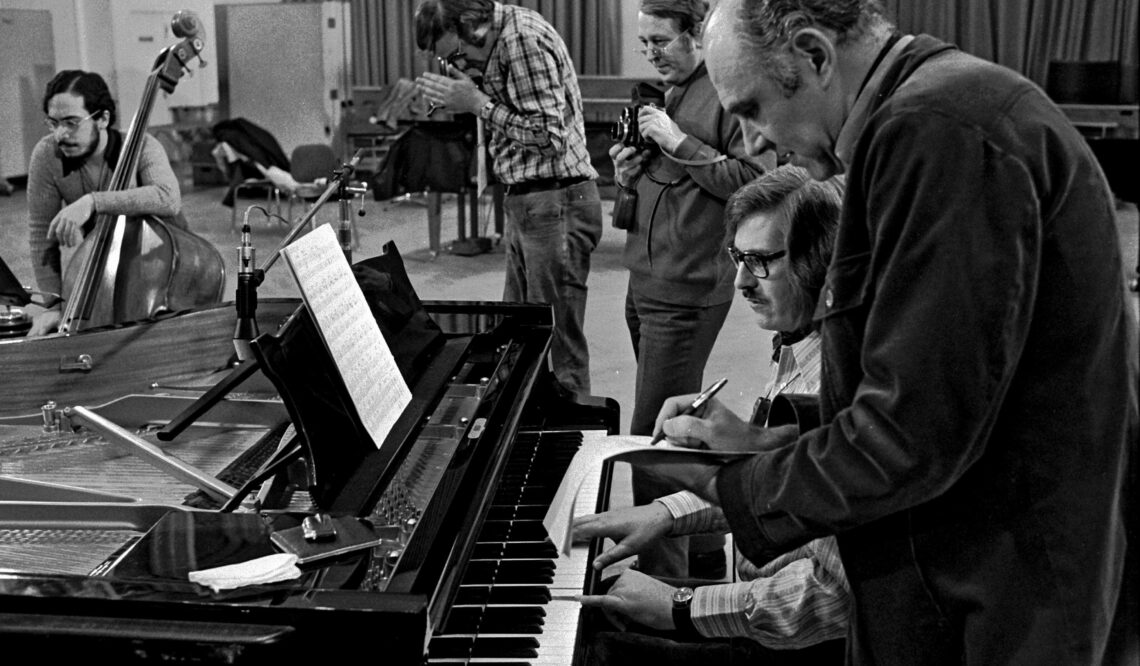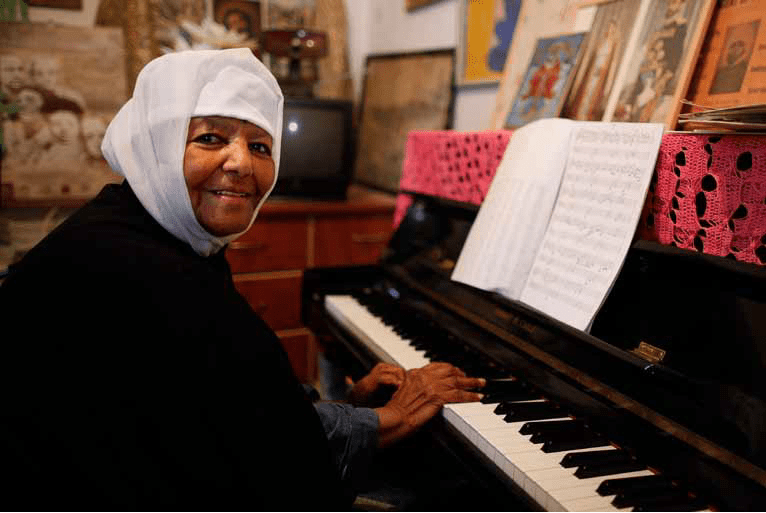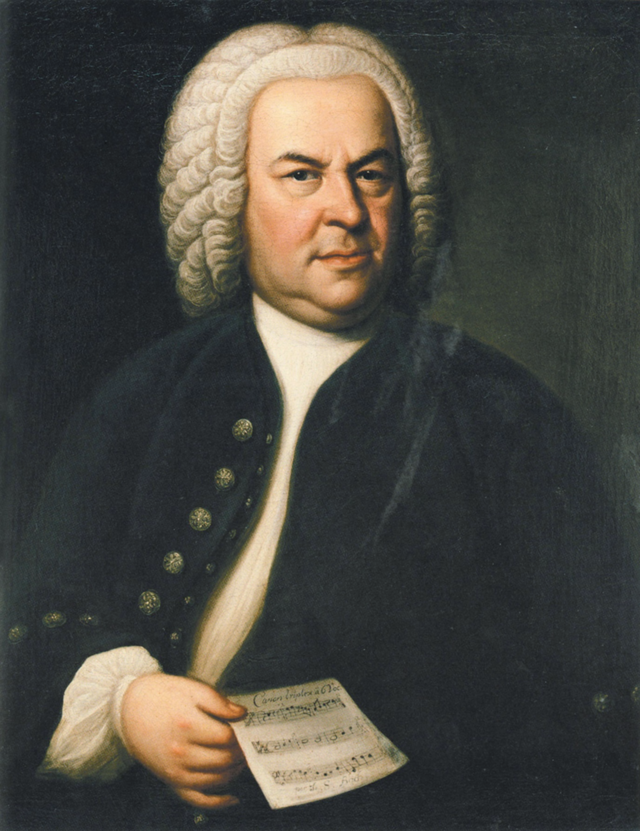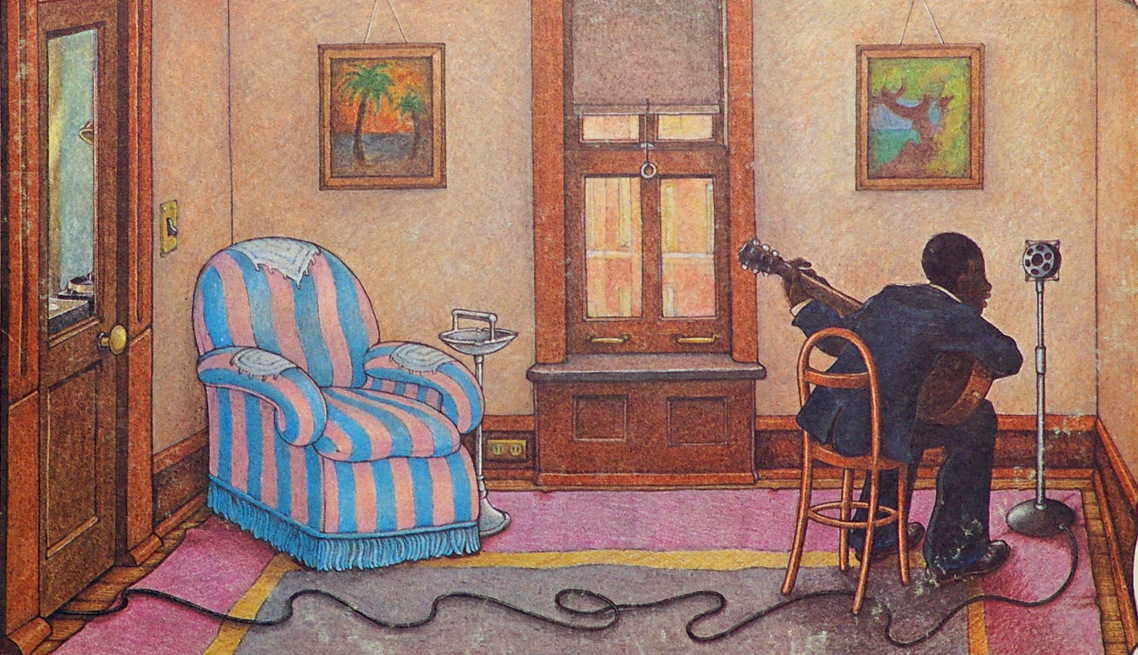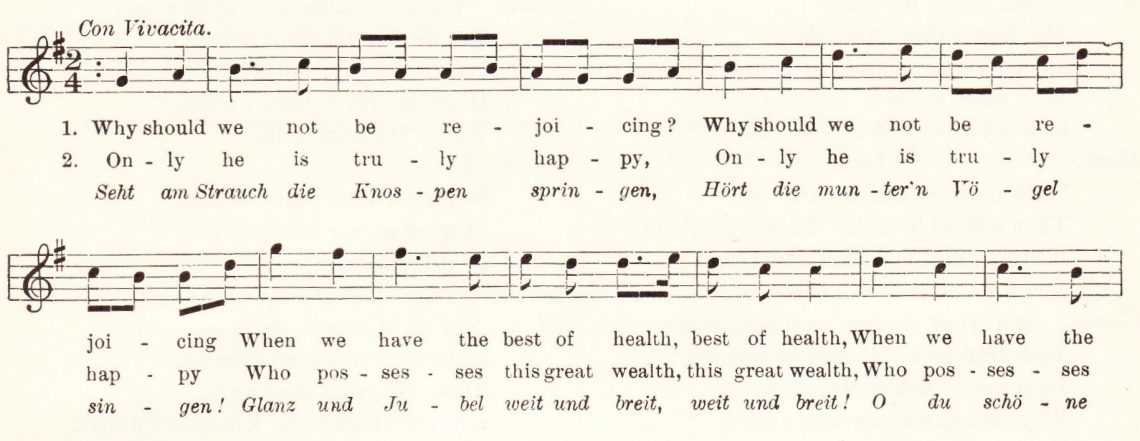Each of these artists were working with an understanding that almost everything improvisational is ephemeral. Little lasts. Most is lost.
-
-
Original Derivation
For each of these, Dylan, Bach, jazz, Shakespeare, and chant—the bread and butter is something not made, but received. More than that, using this given material seems to have enhanced their originality. It gives them more room to think.
-
Music Recommendation: Emahoy Tsegué-Maryam Guèbrou
Meet Emahoy, the 99-year-old Ethiopian nun who writes and plays her own unique blend of music from ancient to modern influences, all of them deeply personal.
-
Bach’s Favorite Number
Bach’s 14 canons contain too much mathematical coding to suppose their self-harmonization is a coincidence. If the musician understands how to fit all the pieces of the mathematical puzzle within the canon together, then they can unlock its beauty.
-
Working on Beauty: Listening to Robert Johnson and Arnold Schoenberg
I would hate to relegate beautiful things to the realm of merely pleasurable things. Therefore I think it is important to regularly pursue experiences of the beautiful that do not initially appear to be pleasurable at all.
-
Music That Listens to Itself
How does one account for music which follows a plan that hasn’t been made? Music which evolves organically, in real time, into a coherent structure? Talent is one answer, and Taborn has it. Training and experience are also clearly worth acknowledging as necessary foundations for this sort of work. But these answers leave something to be desired.
-
Bob Dylan at 80: The Ship Never Came In … And That’s OK
On October 26th, 1963, Bob Dylan performed “The Times, They Are A-Changin’” for the first time in New York’s Carnegie Hall. “A Hard Rain’s A-Gonna Fall” and “Blowin’ in the Wind” were also in the set. And he closed with “When the Ship Comes In,” a song he had performed with Joan Baez only a few months earlier at the March on Washington, where Martin Luther King, Jr. would later deliver his “I Have a Dream” speech. Something was happening and Dylan was right in the midst of it.
-
The Importance of Being Inadequate
“I don’t know, I guess opera’s just not my thing,” I concluded, slouching against the wall of the music building hallway. After travelling across the state to Western Michigan University for a vocal competition, I’d sung some operatic repertoire for a panel of judges. Later in the day I received feedback from the judges, confirming, in part, what my teacher had been telling me for weeks.
-
2020 New York Encounter: Crossing the Divide
Are you hungry for an extended engagement with reality, for something that will awaken you more fully to the human condition? Consider joining us at the New York Encounter, February 15th through the 17th.
-
Public Domain 2020
Gutsy piano students everywhere can now legally photocopy Chopin’s Préludes as they sweat over its tangled passages.
